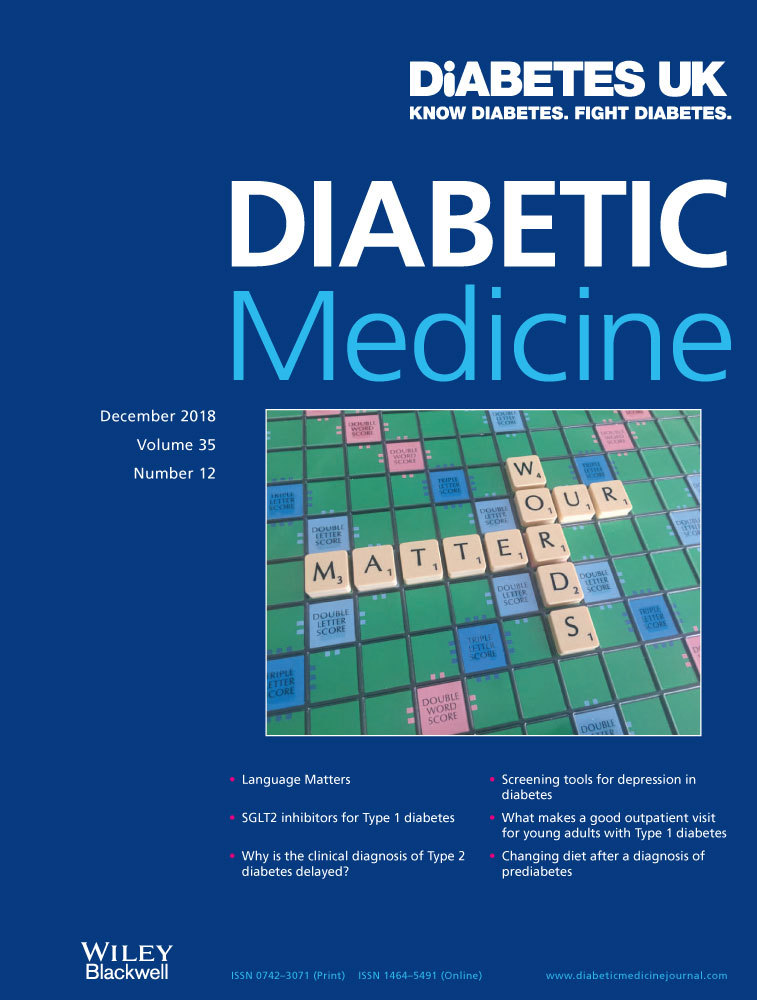Language matters: a UK perspective
Abstract
Aim
To review the existing evidence regarding the use of language in clinical encounters.
Background
Awareness of the importance of language in clinical encounters is mostly lacking or located within broader discussions on communication.
Methods
A scoping study was conducted to review existing research that could increase our understanding of the role language plays as well as identify gaps in knowledge and inform the development of a position statement on language in diabetes care.
Results
Evidence shows that, although carefully chosen language can have a positive effect, there is a potential negative impact of language on people's experiences of diabetes care. The use of stigmatizing and discriminatory words during communication between healthcare practitioners and people with diabetes can lead to disengagement with health services as well as sub-optimal diabetes self-management. Clinical encounters can be compromised where language barriers exist or where there is limited understanding of cultural differences that may have an impact on diabetes self-management. What little empirical evidence there is shows that training can improve language and communication skills.
Conclusion
This review raises a number of questions that are being addressed by the NHS England Language Matters Group, which has developed a set of recommendations to support the use of appropriate language in clinical encounters.




